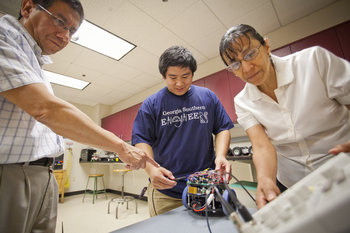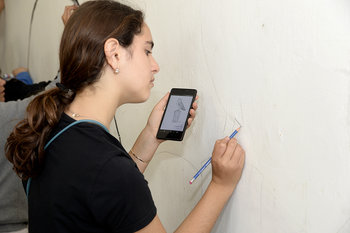Talent  Related Guides
| |
Video games are immersive and interactive experiences that feature competitive challenges and/or creative environments. These can be highly engaging such that they have something of a reputation for being a bad habit. However, it is also true to say that video games can help to develop a great variety of cognitive talents and positive character traits. The following are illustrative examples.Adaptability | Analytical thinking | Attention to detail | Big-picture thinking | Communication | Competitive drive | Concentration | Creativity | Curiosity | Dealing with constraints | Decision making | Design thinking | Determination | Experimenting | Flexibility | Fluid intelligence e.g. becoming a quick learner | Grit | Hand-eye coordination | Imagination | Memory and recall | Mental endurance | Multi-tasking | Negotiation | Patience | Pattern recognition | Pragmatism | Problem solving | Reflexes | Resilience | Resource management | Risk identification | Risk management | Social skills e.g. cooperative play | Spatial awareness | Sportsmanship | Strategic thinking | Strategy | Tactics | Team coordination | |
Talent
This is the complete list of articles we have written about talent.
If you enjoyed this page, please consider bookmarking Simplicable.
© 2010-2023 Simplicable. All Rights Reserved. Reproduction of materials found on this site, in any form, without explicit permission is prohibited.
View credits & copyrights or citation information for this page.
|

























